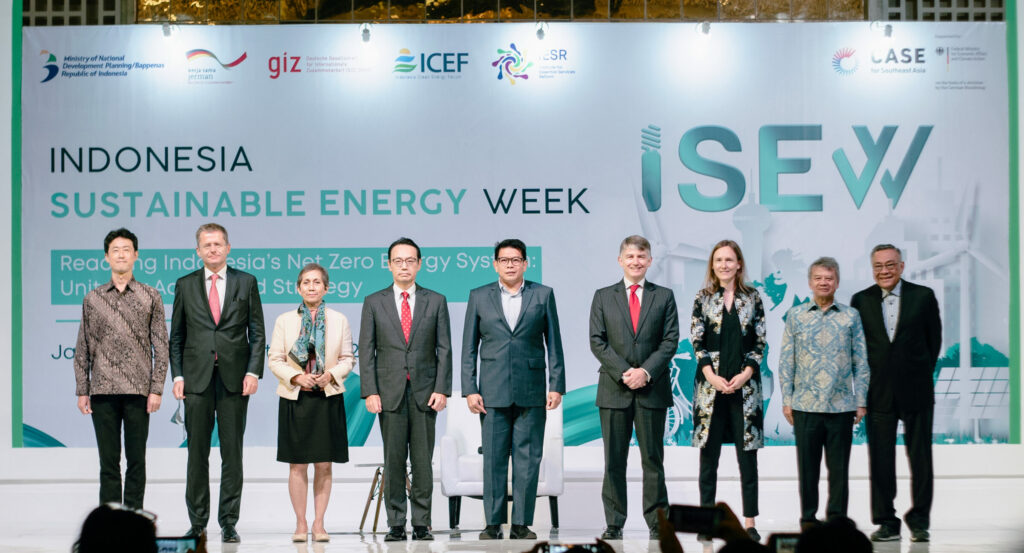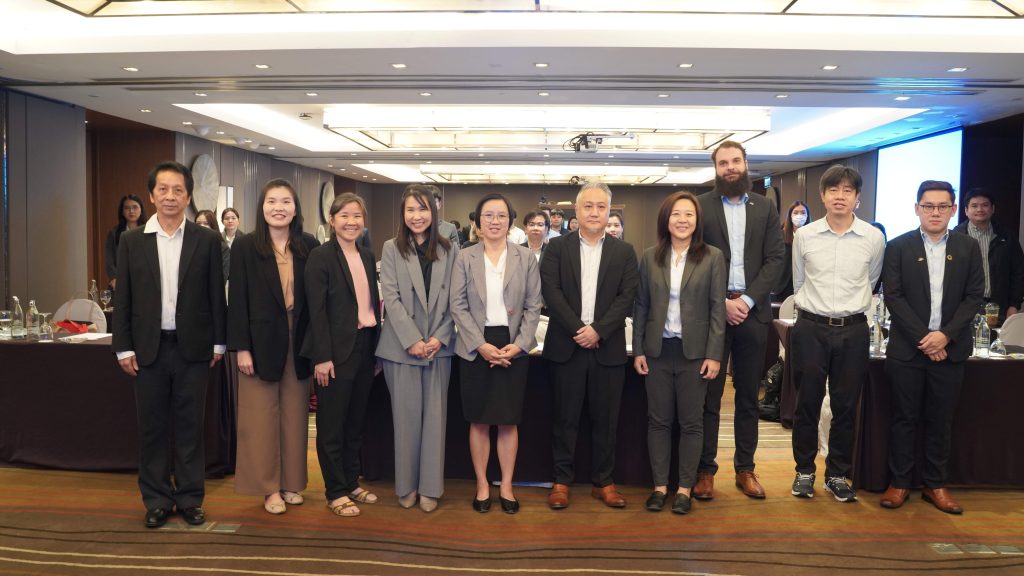Jakarta, October 11, 2022 – International collaboration and support are needed to encourage Indonesia to make an energy transition towards clean, affordable, and secure energy. In addition to provides funding assistance for the development of renewable energy, the experiences of developed countries and international organizations in carrying out the energy transition can be a valuable lesson for Indonesia in planning an energy transition that involves public participation. This learning process can be accelerated with the right commitment of technical assistance from developed countries to developing countries.
Owen Jenkins, British Ambassador, at Indonesia Sustainable Energy Week (ISEW) 2022 said that his party supports the acceleration of the energy transition in Indonesia, especially in encouraging financing policies from the private sector.
“In the UK, it is the private sector that plays a role in driving energy investment and lowering the cost of new and renewable energy technologies. We also hope that the same thing will happen in Indonesia,” said Jenkins.
Similarly, Jiro Tominaga, Country Director, ADB Indonesia said that the right policy would be able to attract private interest in promoting renewable energy. In addition, he also highlighted the taxonomic issue in climate financing, which does not include financing for the gradual decline of coal-fired power plants, making investors reluctant to invest.
“This needs international attention to have a taxonomy that provides incentives for private financing for the gradual decline of coal-fired power plants, especially for Indonesia, where around 60% of electricity generation comes from coal,” said Tominaga.

The same thing was also expressed by Sylvi J. Gani, Director of Financing and Investment of PT SMI. To get around the taxonomic limitations, his party involved multilateral and philanthropic banks to finance the energy transition.
Meanwhile, Germany as the holder of the G7 leadership in 2022 places the issue of the energy transition as an important priority on its agenda.
“We encourage market development in accelerating the shift to clean energy through multilevel partnerships that also involve Indonesia,” added Thomas Graf, Chargé d’Affairs German Embassy to Indonesia. He also said that the issuance of Presidential Decree 112/2022 by setting the highest benchmark price for renewable energy to be purchased by PLN was an important step that should be appreciated.
Executive Vice President of Generation and EBT of PT PLN (Persero), Herry Nugraha said to support the efforts to retire the steam power plant, PLN is preparing to build a transmission and distribution network to accommodate the entry of new and renewable energy sources.
“PLN has conducted many studies to anticipate this. On the distribution side, we conducted a study on smart grids,” said Herry.
ISEW was held in collaboration with the Indonesia Clean Energy Forum (ICEF), the Institute for Essential Services Reform (IESR), and Clean, Affordable, Secure Energy for Southeast Asia (CASE). CASE is a cooperation program between two countries: Indonesia – Germany (Directorate of Electricity, Telecommunications and Information Technology, Ministry of National Development Planning/Bappenas, and funded by the Ministry of Economy and Climate Action of the German Federation Government).




